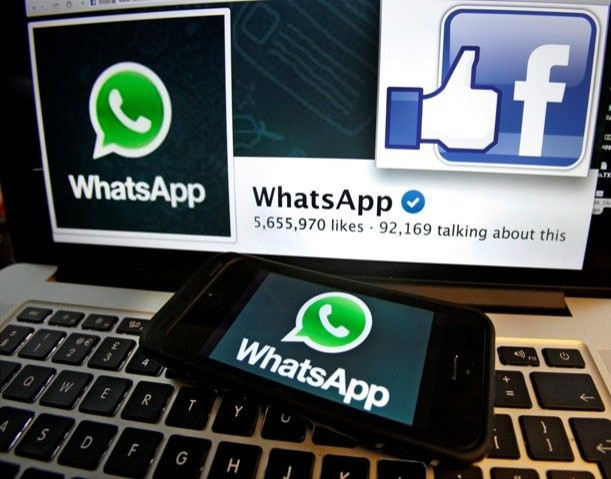WhatsApp Launches Its Desktop Version, To Launch Voice Calling Functionality

WhatsApp announced last week that its service will now be available for the Web. It will come in a form that pairs the mobile version of the app to a user’s desktop PC. This means that users can do chats seamlessly from their phones or their desktops for the very first time.
The service works by using Google Chrome browser in opening the latest version of WhatsApp Web wherein a QR code can be found. The user will have to scan the QR code with the WhatsApp mobile app on the phone to use the service.
WhatsApp Web client is meant to be an extension of the smartphone app, having one account active in two online devices. The company even emphasised that all the messages will still be saved on the user's phone.
Avid users of WhatsApp will find the new Web-ready version helpful. However, there are some limitations with the new service that the Facebook-owned company has announced through a blog.
First, it only works on Chrome. The Web version of WhatsApp is not yet available to iPhone users because of some Apple platform limitations. Second, the phone needs to be connected to the Internet to make use of the desktop feature. This means that if the user’s phone loses data connection, then the chat service on the desktop also gets cut.
Recently, there are speculations that WhatsApp would also have a voice calling functionality feature. Ubergizmo reports that the rumoured feature is dubbed as “WhatsApp Calls,” which would rival Viber and Skype. However, consumers would have to wait for the official announcement from the company.
Meanwhile, the company may have launched the Web version of the app, but WhatsApp remains to be focused on mobile. The desktop pairing is designed to give avid users another option for checking their messages instead of being limited with their phones.
BBC reports that the messaging app currently has 700 million users, which send an average of 30 billion messages per day. Apparently, users can use the service for free during the first 12 months. After that there will be an annual service charge of $0.99.
To report problems or leave feedback on this article, email: e.reyes@ibtimes.com.au.





















